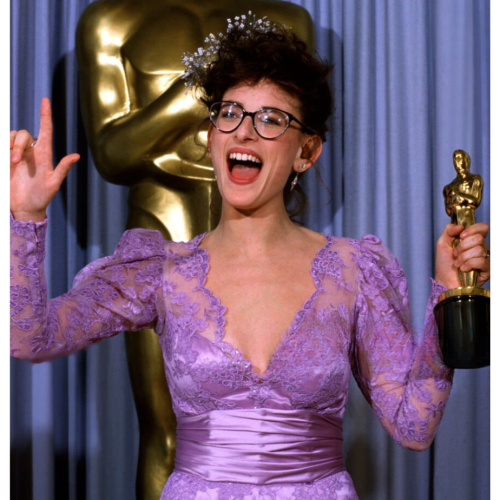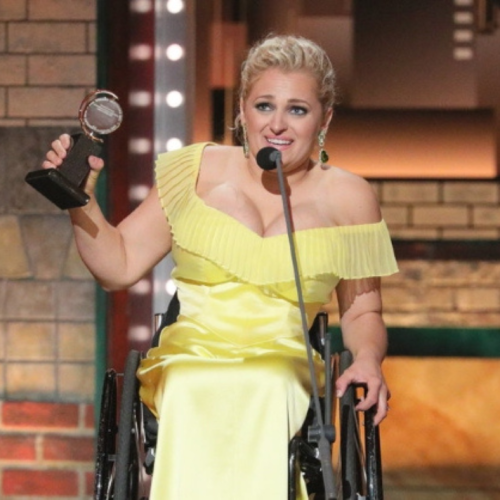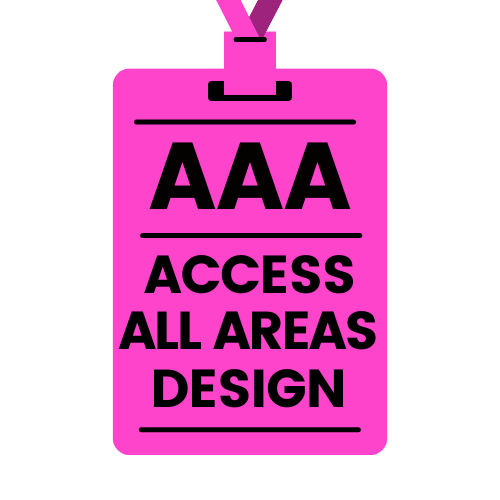HOLLYWOOD, WE HAVE A PROBLEM

Actor (noun): someone who pretends to be someone else while performing in a film, play, or television or radio program. – Cambridge Dictionary
In 2014, the Academy Award for Best Actor went to Eddie Redmayne for his portrayal of Stephen Hawking in the film, ‘The Theory of Everything’. He also won the Golden Globe, the BAFTA and the Screen Actors Guild award. ‘Ray’, the 2004 biographical film about the life of musician Ray Charles, won a Best Actor Oscar and a Film Critics Award for Jamie Foxx’s portrayal of Ray Charles. Russell Crowe received his third Academy Award nomination and a Golden Globe and BAFTA award for his role as John Nash, in the 2001 film ‘A Beautiful Mind’. ‘Forrest Gump’, the 1994 film, won countless awards including the Academy Award for Best Actor for Tom Hanks in his title role as the “slow-witted but kind-hearted man from Alabama”. Leonardo DiCaprio won a National Board of Review Award and was nominated for a Best Actor Oscar for his role in ‘What’s Eating Gilbert Grape’ in 1993. The 1989 biographical war drama ‘Born on the Fourth of July’ saw Tom Cruise receive an Academy Award nomination and win a Golden Globe for his role as Ron Kovic. When Daniel Day-Lewis won his first Oscar, it was for playing Christy Brown, an Irishman born with cerebral palsy who could control only his left foot, in the 1989 film ‘My Left Foot’. Dustin Hoffman scored an Academy Award for Best Actor in 1988 for his role as Raymond Babbitt in the film ‘Rain Man’. In 1986, Marlee Matlin won an Oscar and Golden Globe award for Best Actress in ‘Children of a Lesser God’ for her portrayal of Sarah Norman, an employee at a school for the deaf.
What do all these roles have in common? Each one of them is a character with a disability, however, Marlee Matlin (other than being the only woman) is the only actor on the list to actually have a disability and play a person with a disability. In fact, she is the first deaf person to have a major role in a film since 1926. Is this an indication that the film industry values stories of people with disabilities without actually employing actors with disabilities?

In recent years, there has been a concerted effort by the film industry to be more inclusive in regards to race, gender and sexual orientation, with conversations around on-screen representation for minorities being such a contentious issue that actors have abandoned roles in response to online outrage. However this push for diversity and representation on-screen still seems to exclude artists with disabilities. In fact, a study released this year found that able-bodied actors played 95% of characters with disabilities on top 10 television shows.
So, should non-disabled actors play disabled characters? Disability advocates say if there’s a disabled character role available, only a disabled actor can portray it authentically. Actor RJ Mitte, who played Flynn, who has cerebral palsy on the TV series ‘Breaking Bad’ has cerebral palsy in real life. “I utilised everything I know about living with cerebral palsy for my role in ‘Breaking Bad,’” he said. “It was my acting ability that landed me the role, although my disability helped get me the part – like everyone else I went through a gruelling audition process.” But how far do we push authenticity? Should only people with a lived experience of a character be eligible for a role?

Other than bringing authenticity to a role, the other reason for the push to hire disabled actors is employment, or the lack thereof. Playing someone with a disability may be a great way for an able-bodied actor to flex their acting chops, but often it’s taking a job away from someone with the unique life experience to portray that role. None of this is to say that non-disabled actors should be excluded from playing disabled characters; abled actors can do research in order to give the most accurate performance possible, which would be fine if there wasn’t an abundance of disabled actors not getting hired. Disabled theatre actor-writer Mat Fraser says, “Ideally, anybody should be able to play anybody, but only when there is a truly level playing field of opportunity.”
However, it’s not like actors with disabilities are getting non-disabled roles either. Wouldn’t it be great if actors with disabilities were employed not for their ability to effectively portray their own disabilities, but simply for their talent? That would mean casting an actor with a disability not just in “disabled” roles but other roles where the character may or may not have a disability, as a person, just like any other!
And in case you need a reminder of how far the disabled community has to go, Ali Stroker made history this year as the first wheelchair user to appear on Broadway and win a Tony Award for Best Featured Actress in a Musical. But no ramp, temporary or permanent, had been built from the audience seats to the stage for the Tony Awards ceremony at New York’s Radio City Music Hall, so she had to wait in the wings in case she won. And, due to the lack of accessibility, she was not on stage with the rest of the ‘Oklahoma!’ cast and crew when the show won the award for Best Revival of a Musical. In an interview a few days after her monumental win she said she had hoped there would be a ramp built for her. “I think I had a dream that maybe there could be a ramp built,” she said. “It’s more than just a logistical thing – it’s saying that you are accepted here, in every part of you.”
